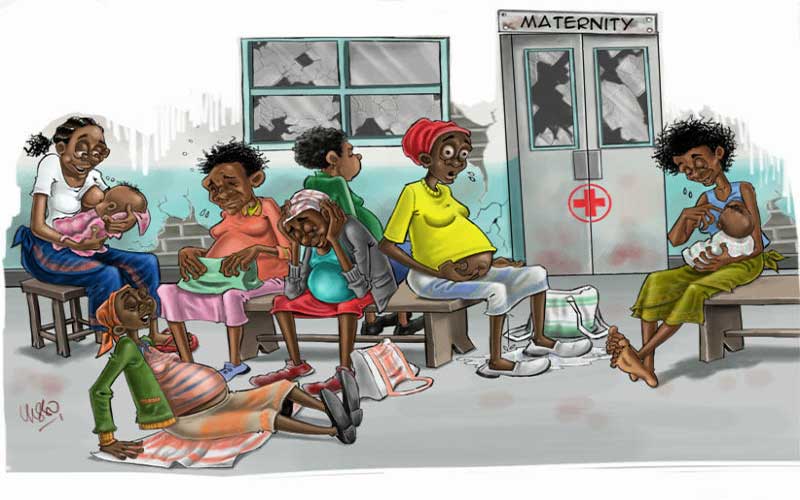×
The Standard e-Paper
Fearless, Trusted News

Liars. That is what Kenyans are and from the look of things, they are not ready to embrace honesty and are working hard to become pathological liars since they cannot accept any truth or tell it themselves.